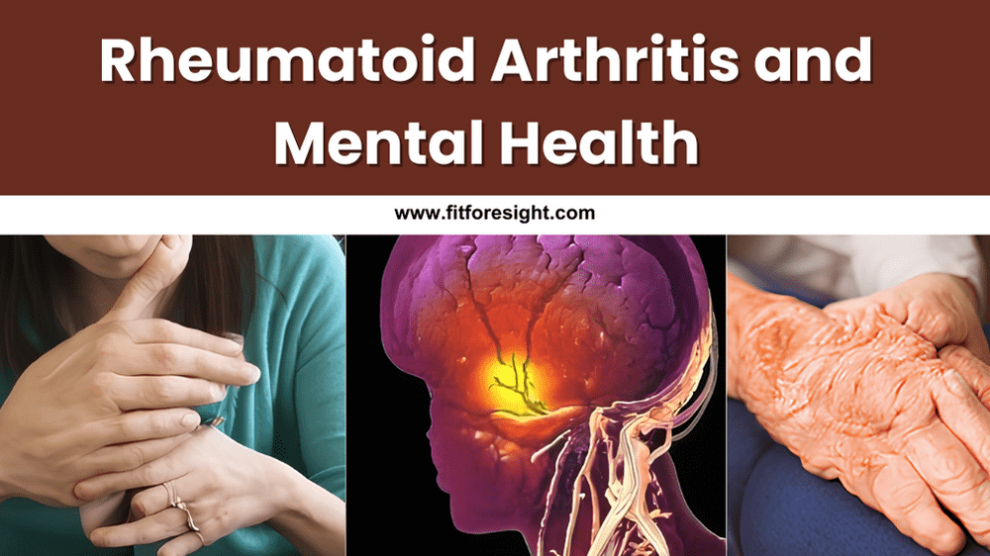Living with a chronic disease like rheumatoid arthritis (RA) can take a significant toll on one’s mental health. Not only does RA cause physical pain and limitations, but it can also result in feelings of depression, anxiety, and social isolation. In this article, we’ll explore the relationship between RA and mental health, and provide some tips for managing the emotional impact of this condition.
Understanding Rheumatoid Arthritis
Rheumatoid arthritis is an autoimmune disease that affects the joints. It occurs when the body’s immune system mistakenly attacks healthy tissue, causing inflammation and damage. Over time, this can lead to joint pain, swelling, and stiffness, as well as difficulty with movement and mobility. RA can also affect other parts of the body, including the eyes, skin, and organs.
The Connection Between RA and Mental Health
Living with a chronic condition like RA can be challenging both physically and emotionally. Studies have shown that individuals with RA are at an increased risk of developing depression and anxiety. In fact, the prevalence of depression in people with RA is estimated to be two to three times higher than in the general population. Chronic pain and limitations in mobility can lead to feelings of hopelessness and helplessness, as well as social isolation and decreased quality of life.
Coping with RA-Related Mental Health Challenges
If you are living with RA, it’s important to take steps to manage the emotional impact of this condition. Here are some tips for coping with RA-related mental health challenges:
1. Seek Professional Help
If you are experiencing symptoms of depression or anxiety, it’s important to seek professional help. A mental health professional can provide support and guidance, as well as help you develop coping strategies for managing your emotions.
2. Stay Connected
Social support is important for maintaining good mental health. Stay connected with family and friends, and consider joining a support group for people with RA. These groups can provide a safe and supportive environment for sharing experiences and coping strategies.
3. Practice Self-Care
Taking care of yourself is essential for managing the emotional impact of RA. This may include getting regular exercise, eating a healthy diet, and getting enough sleep. It’s also important to make time for activities that bring you joy and fulfillment.
4. Manage Stress
Stress can exacerbate symptoms of RA and negatively impact mental health. Practice stress-management techniques such as deep breathing, meditation, or yoga to help reduce stress levels.
5. Stay Informed
Educate yourself about RA and its management. This can help you feel more in control and empowered, which can have a positive impact on your mental health.
Conclusion
Living with rheumatoid arthritis can be challenging both physically and emotionally. By taking steps to manage the emotional impact of this condition, you can improve your quality of life and overall well-being. Seek professional help if needed, stay connected with others, practice self-care, manage stress, and stay informed about RA and its management.
FAQs
1. Can RA cause mental health issues?
Yes, studies have shown that individuals with RA are at an increased risk of developing depression and anxiety.
2. How can I cope with the emotional impact of RA?
Coping strategies may include seeking professional help, staying connected with others, practicing self-care, managing stress, and staying informed about RA and its management.
3. Is there a support group for people with RA?
Yes, there are many support groups available for people with RA. Consider joining one to connect with others who understand your experiences.
4. How can stress management techniques help with RA-related mental health challenges?
Stress can exacerbate symptoms of RA and negatively impact mental health. Practicing

























Add Comment